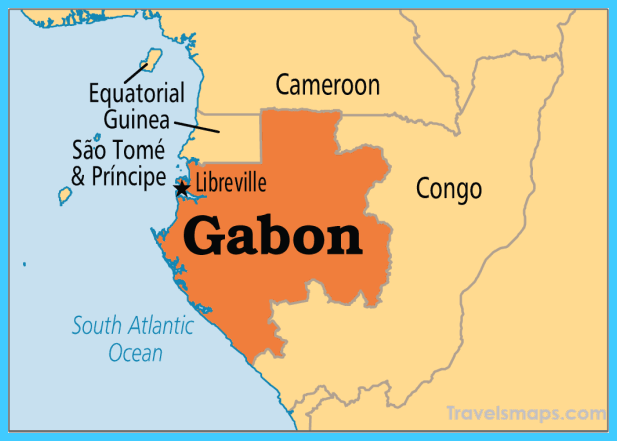Gabon’s recent decision to reopen its borders this Saturday is a swift development following the abrupt closure just three days ago in the aftermath of a military coup that saw President Ali Bongo ousted from power, as reported by Reuters. This move signifies a crucial turn of events in the ongoing political turbulence within the country.
In a televised statement, the spokesperson for the military junta outlined the reasoning behind this decision. They emphasized the junta’s commitment to upholding the rule of law, maintaining friendly relations with neighboring nations, and honoring international obligations. Importantly, they also conveyed their cautious approach to the transition to democracy, expressing a desire to learn from past mistakes and avoid hasty decisions.
The spokesperson elaborated, stating, “We aim to move forward swiftly, but with careful consideration. Rushing into elections may risk repeating previous errors, where the same individuals retained power, perpetuating a cycle.” This statement underscores their measured approach to ensuring a stable and effective transfer of authority.
Meanwhile, the Economic Community of West African States (ECOWAS) had previously signaled its preparedness to intervene in Niger to safeguard democracy before the events in Gabon unfolded. The situation in Gabon has taken a strategic turn, with the coup leading to the house arrest of Ali Bongo and the installment of Nguema as the head of state, effectively ending the 56-year rule of the Bongo family.
The ongoing developments in Gabon continue to attract international attention and scrutiny as the nation navigates the complexities of political change and the preservation of stability
